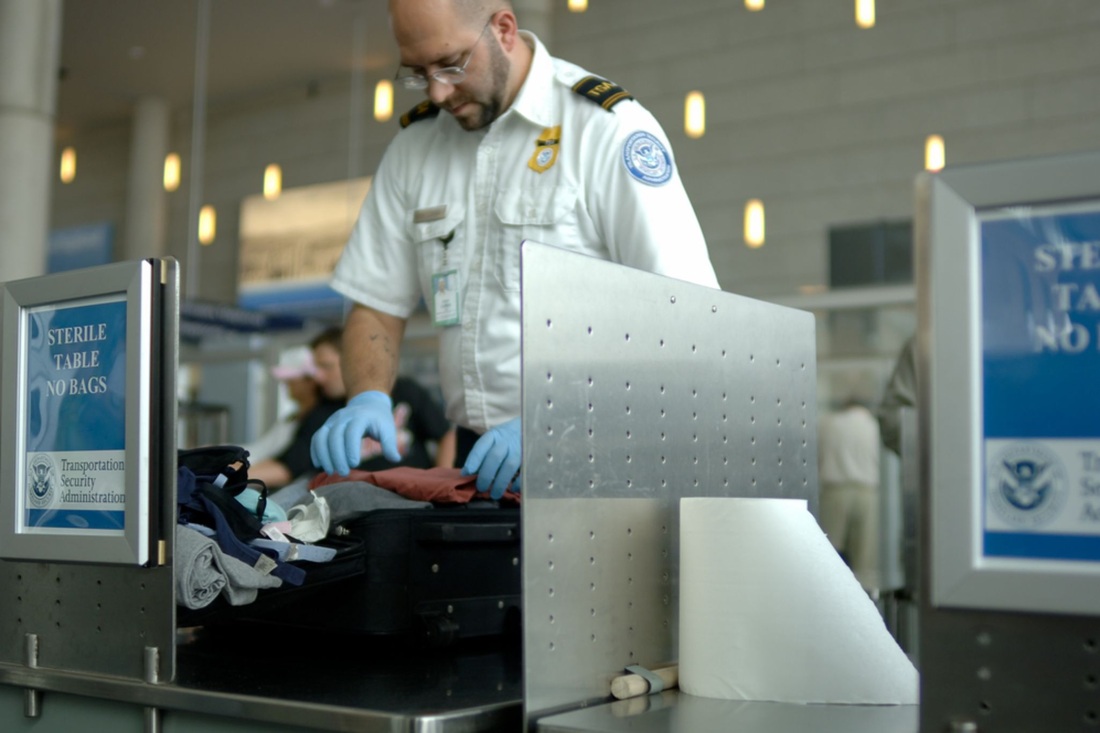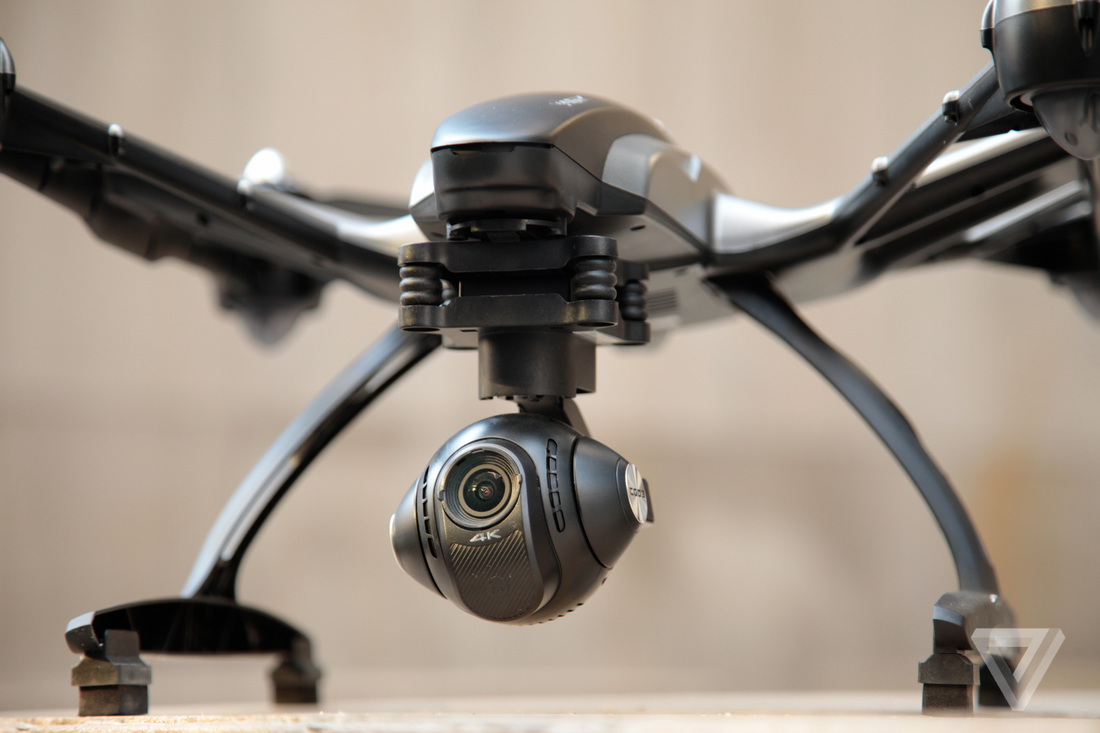Physiological signs of nervousness include shaking or trembling hands, rapid breathing for no apparent reason, cold sweats, pulsating carotid arteries, a flushed face, and avoidance of eye contact. Lack of familiarity with passport entries (biographic page, previous travel). Inability to speak the language of the passport-issuing country. Purchase manner unusual to the place of issue. Purchase or itinerary change within 24 hours of the scheduled flight. Switching lines or studying security procedures.
An amount of baggage inappropriate for the length of stay. Multiple new items, such as alarm clocks or notebooks, in baggage. Carelessly packed baggage when passenger is purportedly an experienced business traveler. Unopened and unmarked maps, guidebooks, or other literature. Maps of unrelated cities in baggage for a purported tourist traveler. Camera quality not matching the traveler’s profile or camera memory card insufficient for a lengthy tourist trip.
A press statement from WikiLeaks comments: "This example begs the question: if the training that supposedly explained the explosives was only a cover story, what was a CIA officer really doing passing through an EU airport with traces of explosives on him, and why was he allowed to continue?"
The second document titled "Infiltrating Schengen" gives a brief history and overview of security protocols within the Schengen Area — a group of 26 European countries that have abolished passport control at shared borders. The report reveals that although most security measures target illegal immigrants, the CIA is worried about new biometric security measures set to come into force next year, including a fingerprint database that would make it harder for operatives to travel using multiple or false identities.




